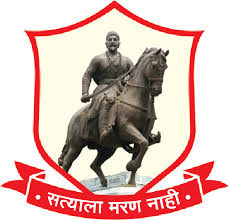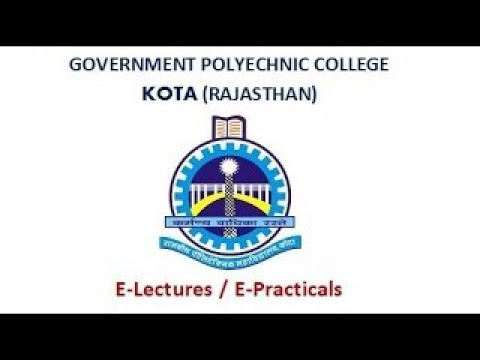Highlights: -
|
Course Name |
Diploma in Instrumentation Engineering |
|
Level |
Diploma |
|
Duration of the course |
2 years (after 12th) - 3 years (after 10th) |
|
Eligibility |
Minimum 50% in 10th or 12th Passed (Lateral Entry) |
|
Education mode |
Full-time, Distance. |
|
Admission Process |
Merit as well as Entrance Exams |
|
Entrance Exams |
DET, AP DEECET, AP POLYCET, AP JEE (Diploma), State CET, State DET, PECE. |
|
Fees of the course |
Rs 10,000 – Rs 1.00 Lakh |
Eligibility Criteria: -
- Candidates must complete their 10th exams from a recognised educational institute.
- A minimum of 50% to 60% aggregate marks is necessary for the candidates to apply for this course.
- Candidates can also apply after completing 12th in Science stream (for Lateral Entry)
Syllabus for Diploma in Instrumentation Engineering:
The Diploma in Instrumentation Engineering syllabus will vary from college to college, but the course aims and subjects shall remain the same;the subject distribution over the syllabus may differ;but the study matter remains consistent. Nevertheless, candidates should check the official website to know the complete syllabus. Here is a general guide to Diploma in Instrumentation Engineering syllabus design, as commonly followed by Indian colleges:
|
Semester 1 |
Semester 2 |
|
Mathematics - 1 |
Mathematics - 2 |
|
Communication Skills |
Environmental Science and Engineering |
|
Engineering Mechanics |
Computer Applications |
|
Basic Electrical and Electronics Engineering |
Basic Workshop Practice |
|
Applied Chemistry |
Electrical and Electronics Engineering |
|
Applied Physics |
Engineering Drawing |
|
Semester 3 |
Semester 4 |
|
Engineering Mathematics - 3 |
Transducers and Signal Conditioning |
|
Principles of Communication |
Industrial Management |
|
Digital Electronics |
Industrial Electronics |
|
Electrical Measurements |
Microprocessors and Microcontrollers |
|
Measurements and Instrumentation |
Control Systems |
|
Analog Electronics |
Analytical and Biomedical Instrumentation |
|
Analog Electronics |
|
|
Semester 5 |
Semester 6 |
|
Process Control |
Instrumentation Systems Design |
|
Digital Signal Processing |
Elective II |
|
Programmable Logic Controllers (PLCs) and SCADA Systems |
Industrial Training |
|
Electrical Machines and Drives |
Project Work |
|
Elective I |
- |
|
Industrial Instrumentation |
- |
Further studies after Diploma in Instrumentation Engineering: -
- B.Tech. in Instrumentation Engineering.
- Certification Courses: - Industrial Automation, Instrumentation Design, Instrumentation Calibration and Maintenance, SCADA Programming, Data Acquisition and Analysis, and Embedded Systems.
- Short-Term Training Programs.
.webp)
FAQs
- Is Internship required in an Diploma Instrumentation Engineering course?
No, an internship is not required to pursue the Diploma Instrumentation Engineering course. However, doing so is advantageous.
- What is Instrumentation Engineering?
Instrumentation Engineering deals with the design and development of instruments used for Measurement, Control, and Automation in various industries such as Manufacturing, Healthcare, and Aerospace.
- Is a Diploma in Instrumentation Engineering easy?
Diploma in Instrumentation Engineering is not at all difficult. It basically requires hard work. If you are clear with your basic concepts then it will be easy for you.
- Is Distance Study available for Diploma in Instrumentation Engineering?
Yes, Distance Study is available for Diploma in Instrumentation Engineering.
- What are the skills required to get a job after a Diploma in computer science?
One must have the following skills to work in a software company with a Diploma course in computer science:
- Problem solving skill
- Critical thinking and creativity skill
- Team working skill
- Electrical basic skill
- Soft skills
- Written as well as strong verbal communication
Other specialisation in Diploma: -
Diploma in Computer Science, Diploma in Mechanical Engineering, Diploma in Civil Engineering, Diploma in Information and Technology, Diploma in Aeronautical Engineering, Diploma in Electronics and Communication, Diploma in Automobile Engineering, Diploma in Chemical Engineering, Diploma in Production Engineering.






